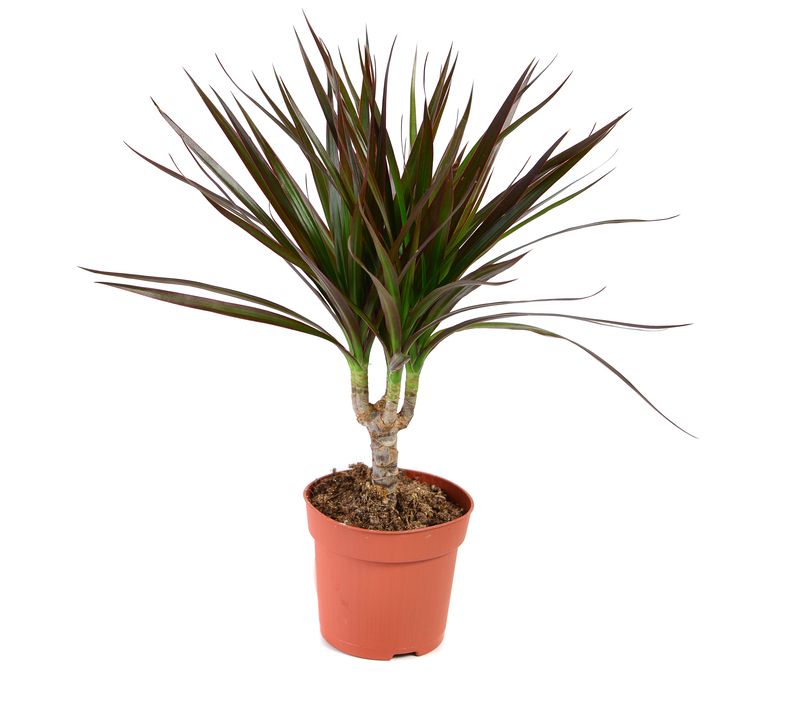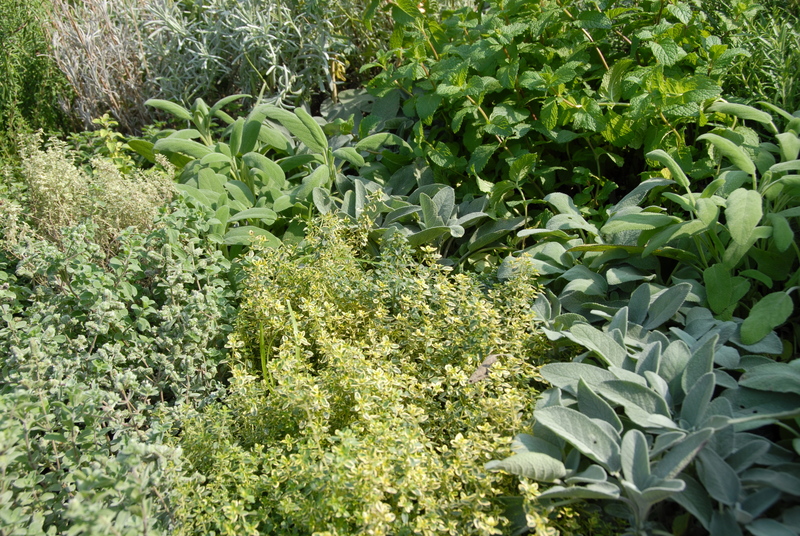Seasonal Garden Preparation Tips
Posted on 31/12/2024
Gardening is a rewarding task, providing fresh produce, beautiful flowers, and a calming pastime. However, to ensure a thriving garden, preparation is key. Seasonal differences affect how you should care for your garden. This article aims to walk you through essential seasonal garden preparation tips for each time of the year.
Spring Garden Preparation
Spring is often synonymous with rebirth and rejuvenation. To set your garden up for spring success, follow these steps:
Soil Testing and Amendment
Begin by testing your soil. A soil test will provide vital information about nutrient levels and pH balance. Based on the results, you may need to add amendments such as lime or sulfur to balance the soil's pH. Incorporate organic matter like compost to improve soil structure and fertility.
Planting Early Spring Crops
Choose crops that thrive in cool weather for early spring planting. Vegetables like peas, spinach, and lettuce are ideal for this time. Start seeds indoors for plants that require a longer growing season, such as tomatoes and peppers.
Cleaning and Pruning
Remove old plant debris, weeds, and any leftover mulch from the fall. Prune trees and shrubs to encourage healthy growth. Be cautious not to cut too early or too late; consult guidelines for each plant type.

Summer Garden Preparation
With rising temperatures and longer daylight hours, summer brings its own set of challenges and tasks. Here are key preparation tips for a bountiful summer garden:
Mulching
Apply a thick layer of mulch around plants to help retain moisture and reduce weed growth. Organic mulches such as straw, wood chips, or grass clippings are excellent choices.
Water Management
Proper watering is crucial during the hot summer months. It's best to water early in the morning to minimize evaporation. Utilize drip irrigation systems or soaker hoses to ensure deep and even watering.
Pest and Disease Control
Summer is prime time for pests and diseases. Conduct regular inspections and use appropriate organic or chemical treatments. Introduce beneficial insects like ladybugs to naturally control aphid populations.
Fertilization
Mid-summer fertilization helps plants stay healthy and productive. Choose a balanced fertilizer and follow the manufacturer's instructions. Avoid over-fertilizing, as it can lead to nutrient burn and environmental issues.
Fall Garden Preparation
Fall is the time to reap the rewards of your hard work and prepare for the colder months ahead. Here's how to get your garden ready:
Harvesting and Cleaning
Harvest any remaining crops and remove dying plants to prevent disease and pests from overwintering. Collect fallen leaves and use them to create compost or mulch.
Soil Care
After removing old plants, add a layer of compost to rejuvenate the soil. Fall is also an excellent time to plant cover crops like clover or rye, which will protect and enrich the soil over winter.
Planting Fall Crops
Vegetables like carrots, kale, and garlic can be planted in the fall for either a late-season harvest or an early spring yield. Fall bulbs like tulips and daffodils should also be planted now for spring blooms.
Winterizing Tools and Equipment
Clean and store garden tools, draining and storing hoses to prevent freezing and cracking. Sharpen tools and perform necessary maintenance to ensure they are ready for the next growing season.

Winter Garden Preparation
Winter may seem like a time to take a break from gardening, but several important tasks can set you up for success in the coming year:
Protecting Plants
Cover sensitive plants with burlap or frost cloth to protect them from cold temperatures. Move potted plants indoors or to a sheltered area. Apply mulch to insulate roots and prevent soil erosion.
Planning and Ordering
Use the downtime to plan next year's garden layout. Order seeds and supplies early to avoid the spring rush. Consider rotating crops to prevent soil depletion and reduce pest issues.
Maintenance
Winter is an excellent time to focus on garden structures. Repair or build new raised beds, trellises, or pathways. Ensure your compost bin is working efficiently by turning it regularly and maintaining proper moisture levels.
Conclusion
Seasonal garden preparation is essential for a thriving and productive garden. By focusing on the specific needs of your garden in each season--from soil preparation and planting to pest control and tool maintenance--you can ensure a bountiful harvest and beautiful blooms year-round. Taking these steps helps create a balanced, healthy garden that rewards you with food, flowers, and a sense of accomplishment. Happy gardening!




